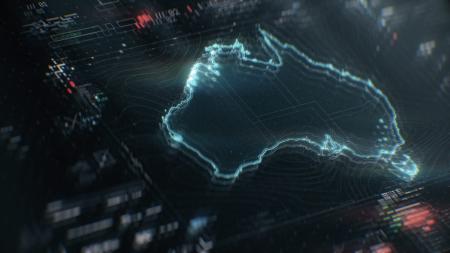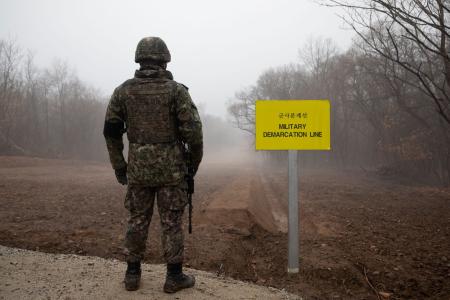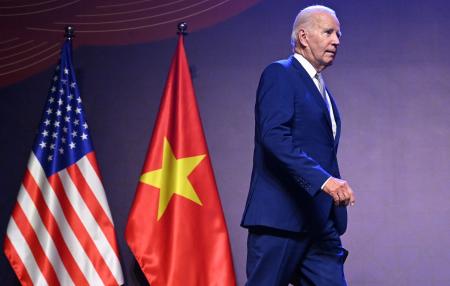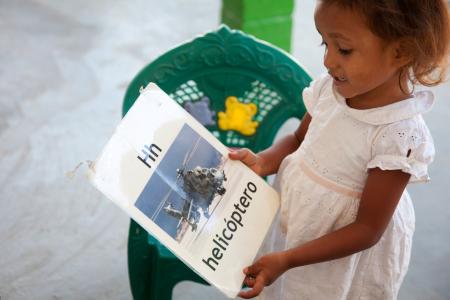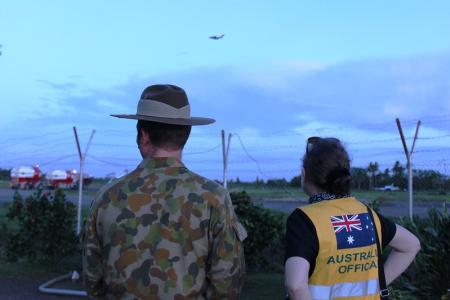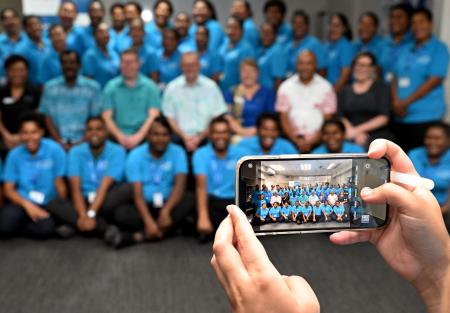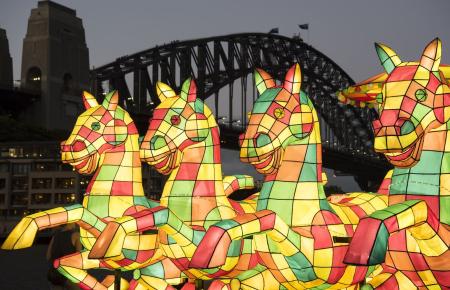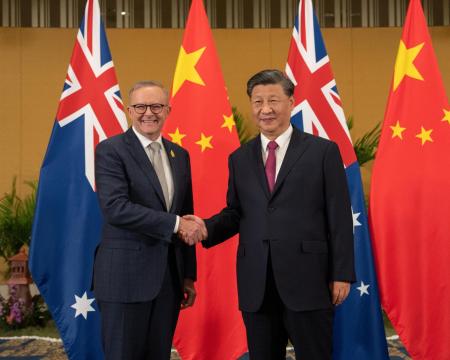Melissa Conley Tyler
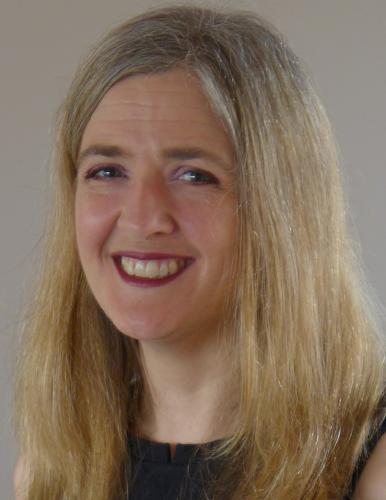
Melissa Conley Tyler is Program Lead with the Asia-Pacific Development, Diplomacy & Defence Dialogue.
For 13 years she served as National Executive Director of the Australian Institute of International Affairs, an independent international policy institute established as a branch of Chatham House in 1924, with close links to the Department of Foreign Affairs and Trade. Under her leadership, the AIIA was recognised for three years running as the top think tank in Southeast Asia/Pacific and one of the top 50 think tanks worldwide in the University of Pennsylvania’s Global Go To Think Tanks Index, the only comprehensive ranking exercise. In 2017, she co-authored Think Tank Diplomacy, the first book-length discussion of the role of policy institutes in the international sphere.
She joined the University of Melbourne in 2019 as Director of Diplomacy at Asialink and then as a Research Fellow/Associate in the Asia Institute. Most recently she was a visiting fellow in Taiwan at the Ministry of Defense’s think tank – the Institute of Defense and National Security Research – funded by a Ministry of Foreign Affairs Taiwan Fellowship.
Melissa has extensive experience establishing and sustaining Australia-Asia engagement through Track II dialogues involving government officials, academics, media and business. She is a lawyer and specialist in conflict resolution, including negotiation, mediation and peace education, who worked as program manager of the University of Melbourne’s International Conflict Resolution Centre and Senior Fellow of Melbourne Law School. Melissa is a prolific commentator with expertise in Australian foreign policy, Australia’s key relationships across Asia and the practice of diplomacy.

